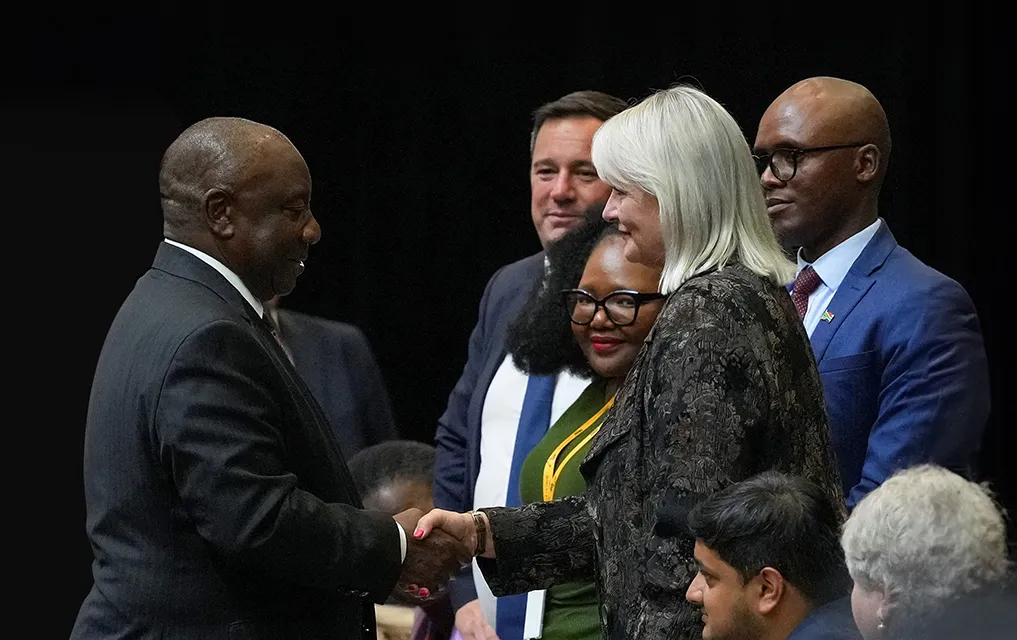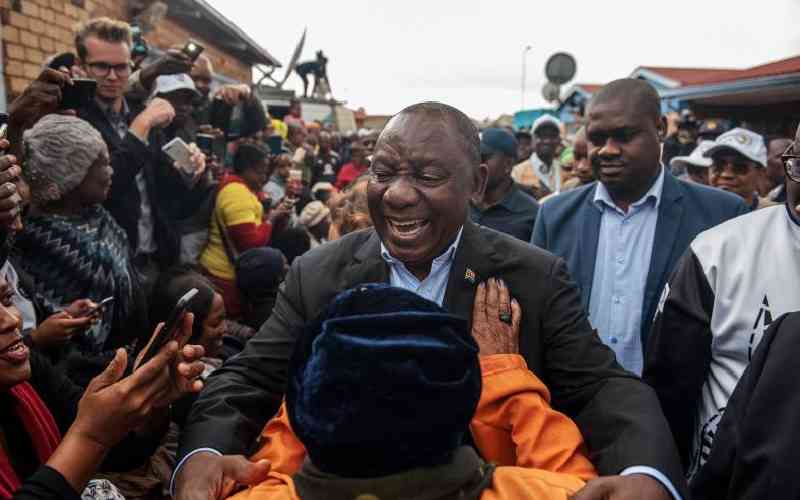


As voter dissatisfaction continues to be a global trend, recent elections in India and South Africa have highlighted the complexities of coalition politics and the influence of economic priorities on voter behavior. In India, the ruling Bharatiya Janata Party (BJP) failed to secure enough seats to form a government on its own, despite its Hindu nationalism and emphasis on economic growth. This outcome suggests that voters may have seen the extreme side of the BJP and opted for the opposition. The Indian Congress Party, led by Rahul Gandhi of the Gandhi dynasty, made a comeback after ruling from 2004-2014 [9208439a].
After a marathon election, India will have a coalition government to represent the diverse interests and regions of the country. Coalition governments ensure that policies are not forced through with the brute force of a majority and that minority voices are not silenced. The delimitation of constituencies in 2027 is a delicate task that must be approached with sensitivity to maintain the balance of power among states. A coalition government is best suited for this exercise [b3bf8d98].
Similarly, in South Africa, the African National Congress (ANC) lost its majority, potentially due to concerns over corruption, joblessness, and power outages. The Democratic Alliance, often seen as a party for the white minority, emerged as a surprise winner. Both India and South Africa now face the challenge of forming coalitions to govern effectively [9208439a].
These recent elections in India and South Africa offer several key lessons. Firstly, they demonstrate that voters are more enlightened and discerning than often assumed. Economic issues, such as job creation and power supply, played a significant role in shaping voter preferences. Secondly, political diversity is becoming the norm, with opposition parties gaining ground and challenging the dominance of long-standing ruling parties. Thirdly, the power to determine the course of a nation is ultimately in the hands of the people, who exercise their democratic right through the ballot box. Lastly, these elections highlight the importance of periodic mid-term elections as a means of holding politicians accountable and ensuring that they remain responsive to the needs and aspirations of the electorate [9208439a].
The outcomes of these elections in India and South Africa have significant implications for the future of democracy in both countries. The formation of coalitions will require political parties to negotiate and compromise, potentially leading to more inclusive and diverse governance. The focus on economic priorities by voters underscores the need for governments to address pressing issues such as job creation, corruption, and infrastructure development. These elections serve as a reminder that democracy is a dynamic and evolving system, shaped by the will and aspirations of the people [9208439a].
In South Africa, the African National Congress (ANC) lost its majority in the recent elections and is now part of a coalition government. The ANC received 40.18% of the popular vote and 159 seats in the National Assembly. The coalition government is a multi-party coalition that aims to address the country's issues [1c87d8cb].
The coalition government in South Africa could collapse within its first year if compromises are not reached. The new government's priorities include passing the 2024/25 budget, eradicating power cuts, stimulating GDP growth, reducing public debt, and generating jobs. The coalition government includes the ANC, Democratic Alliance (DA), MK, Economic Freedom Fighters (EFF), and Inkatha Freedom Party (IFP) parties. The presence of DA and IFP Ministers in key economic portfolios provides checks and balances. The coalition government aims to grow the economy, combat corruption, and improve services [1c87d8cb].
South Africa's membership of the African Growth and Opportunity Act (AGOA) expires in 2025. The country's relations with Russia, China, and Iran may impact its future membership of AGOA. South Africa holds significant reserves of critical minerals. Concerns exist about the re-appointment of Gwede Mantashe as Minister of Mineral & Petroleum Resources. The coalition government is a new reality of multi-party rule in South Africa [1c87d8cb].